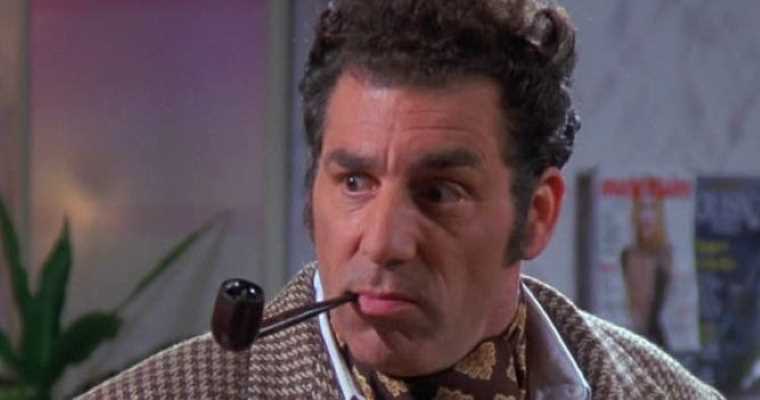Even as COVID hysteria continues to temper and limit many Americans’ social activities, the brick-and-mortar gambling market in the United States seems to be doing exceptionally well.
In many areas, numbers aren’t just recovered year over year, they’re cracking all-time high territory.
For example, Biloxi, MS, casinos pulled in more money for fiscal year 2021 than they ever have before, while Pennsylvania’s statewide gambling market cruised to yet another record annual haul.
Meanwhile, with the January 8 launch of legal domestic mobile sports betting in New York, the erstwhile beleaguered NY commercial casino market – once considered a massive boondoggle – has seen a major resurrection in just three weeks.
Seriously, NY online sportsbooks have taken over $1 billion in bets since they went live last month, and with Super Bowl 56 just a week away, that action won’t be slowing down any time soon.
Best of all, these crazy figures do not include all the different offshore sports betting sites that have been taking legal bets from New York residents for decades.
Now, to be clear, sports betting is a low margin product for casinos, and this is why many casinos actually oppose online sports gambling legalization without online casino gambling legalization.
Historically, the purpose of a sportsbook is to get people onto the main gaming floor. Without that draw, the market can boost operator profits only so much.
For example, in NY, even with a billion dollars of wagers coming in, that amounts to a best-case profit of around $70 million. That’s not chump change, but this is statewide, remember.
So, casino gambling is still king.
Of course, despite these gains, some casino markets – for whatever reason – seem absolutely hellbent on driving customers away in droves. Nowhere is this more true than in New Jersey.
In a state that has every kind of gambling you can imagine – and thus no need for constant new gambling legislation – the congressional churn of the casino market is just too much of a “sure thing” to give up.
Case in point, lawmakers on both sides of the aisle are trying to make AC casinos go 100% smoke-free.
Smoking is already barred from 80% of all gaming spaces in New Jersey, and getting that last 20% of freedom eliminated could be a years-long process tailor made for the do-nothings in the NJ legislature.
To their credit, the casinos themselves are firmly against it.
Hard Rock Atlantic City president Joe Lupo, who is also president of the Casino Association of New Jersey, explained the issue this way:
“Banning smoking completely and permanently would have long-term financial implications for the industry and the region, placing Atlantic City casinos at a competitive disadvantage with Pennsylvania casinos where smoking is permitted. A decline in our customer base would also cause economic hardship to a large portion of the 20,000 employees who rely on the tips and customer volume that our industry provides.
Any policy changes that will result in decreased visitation, job loss and additional economic harm to our region should be the last thing we consider as the industry works diligently to rebuild and recover from the COVID-19 pandemic.”
Hopefully, the proposed bill will go nowhere. But even if it dies this year as it did last year, it’s sure to be an annual issue until the restrictions get dragged over the finish line.
Sure, many states have already outlawed smoking in public service facilities, making the rise of the non-smoking casino a now-mundane perpetual news item.
However, depending on the state in question, some casinos have no smoking restrictions at all. Meanwhile, many others have been able to offer special smoking sections – sans food service – in addition to their mandated non-smoking general facilities.
And on Indian reservations where such public non-smoking laws don’t apply, tribes have found it extremely profitable to flip the script.
There, the non-smoking sections are often the special venue add-ons, while smoking is permitted throughout most of the casinos proper.
The demand for smoking in casinos – like the demand for drinking in casinos – hasn’t gone away and is unlikely to go away any time soon. Forcing the issue will simply push more business to the offshore gambling market.
After all, when you play real-money mobile casino games from the comfort of your own home, you can smoke whenever – and wherever – you want.
Also, with online gambling, you’ll never have to deal with nonsense like this.

